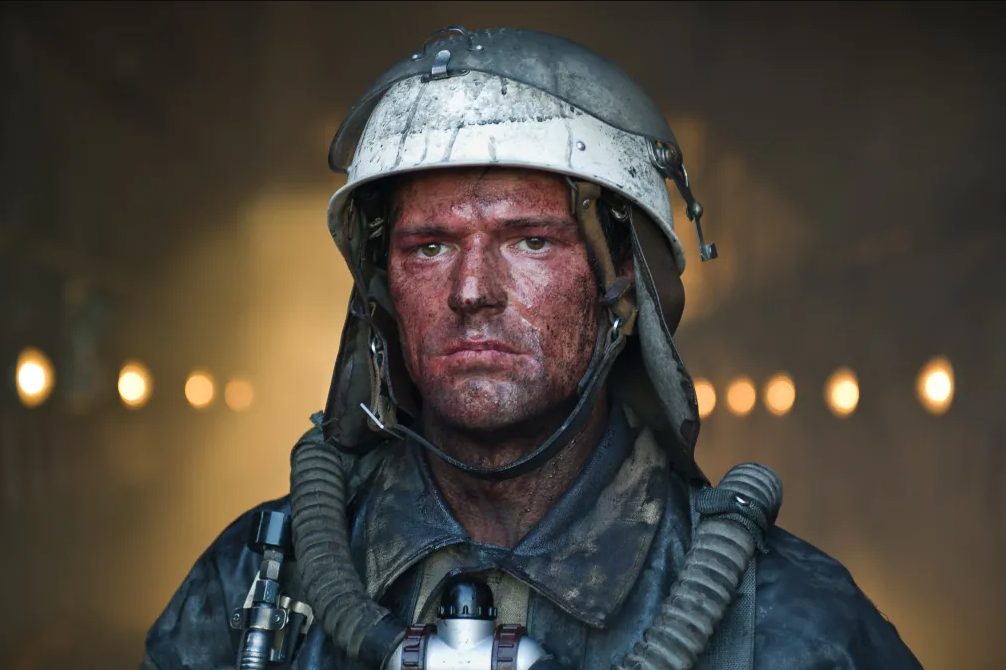Released elsewhere as Chernobyl Abyss, Danila Kozlovsky’s latest film is a direct Russian response to the much lauded HBO series Chernobyl. While that Western take dramatised the real events with a view to acting as a cautionary tale, this is a good old story of Soviet heroism and sacrifice for the motherland. But while this the film’s events are intrinsically linked to the disaster in Pripyat, it would be unfair to try and view this piece as some form of historical docu-drama or anything resembling reality. Instead, this is more of a classic high-budget disaster-movie, in the style of a Roland Emmerich film.
Set a short time before the disaster, the film follows Alexey (Kozlovsky), a flighty and carefree firefighter, who one day learns that he has a young son from a previous relationship with Olga (Oksana Akinshina). The pair are estranged, partly because Alexey is a commitment-shy, unreliable loner, but nevertheless he still wants to make a go of the family life. But their domestic tribulations and Alexey’s sulking are interrupted by the nuclear explosion, leaving their son sick with radiation poisoning and most of the fire-crews dead or dying. As the sole surviving local firefighter, only Alexey has the requisite knowledge of the power station, to lead in clean-up crews, and dangerous missions down into the flooded depths of the reactor.
It’s a strange beast of a film. Taking real time to set up a plausible, if surprisingly mundane story of Olga and Alexey’s relationship as the backbone to the approaching accident. The emotional core of the film is family, as well as the age-old adherence to a doctrine of laying down one’s life and body for the betterment of Mother Russia. That’s not to say the film isn’t without finger-pointing. There are some surprising moments of characters laying into the failures of the system and bureaucracy, but it’s still the stuff of small potatoes, rather than course vodka.
Kozlovsky directs well enough, clearly writing this hero-vehicle to allow himself amble room to stretch his acting muscles, and Akinshina is as solid here as she was in last year’s Sputnik, making you wish she had a little more to do than pine, mope, cry and shout. On the visual side, the film is beautifully realised. The evocation of mid-’80s Russian life is beautifully captured, making the tragedy all the more heavily felt. While the budget has been well spent, creating a captivating sense of horror and awe in the unearthly inferno, and the grim and hellish watery bowels of the reactor.
It’s a passable fable of a film, which pays a fair tribute to some of the real heroes of the disaster. The nurses, doctors, fire-fighters, liquidators and technicians, who ruined their bodies and minds in the crucible while containing a world-ending catastrophe. It’s just a pity it didn’t do it with a little more sense, and a lot less melodrama.
Released theatrically on Fri 24 Sep 2021 and available now on Netflix
